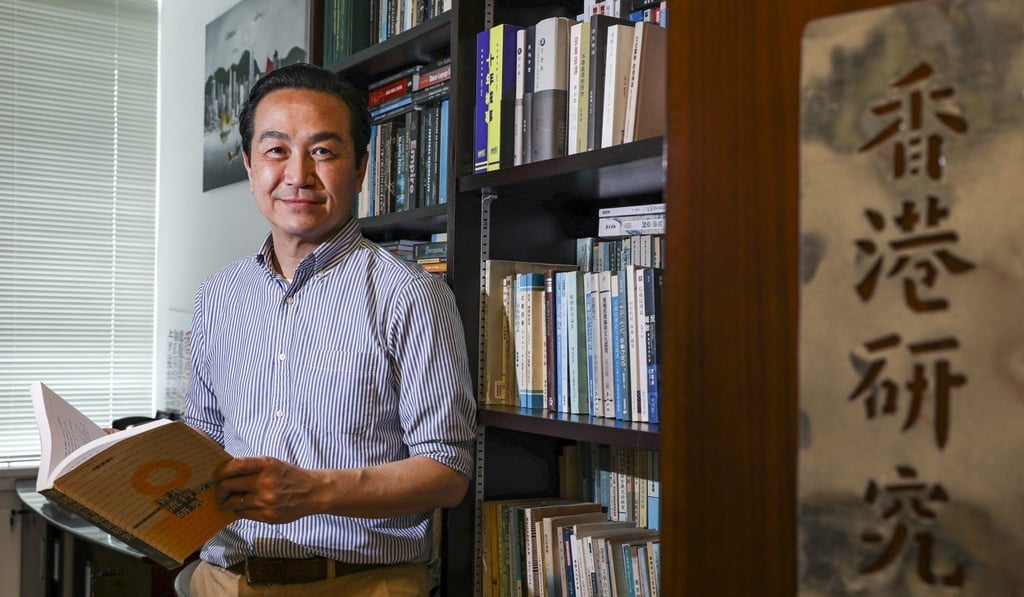University of Hong Kong professor of local culture hits all the right notes as Canto-pop historian
- Stephen Chu has spent decades learning the words of city’s popular music
- He recently co-edited a volume of lyrics included in local literature collection

Pop music aficionados of a certain age surely remember the days of flipping through album notes to learn all the words to their favourite songs.
It was a real downer when records – especially rare albums – were found at long last only to have the lyric sheet missing.
Enter Stephen Chu Yiu-wai, a University of Hong Kong professor and music lover whose decades-long preservation of Canto-pop lyrics has earned him a nomination for a Spirit of Hong Kong Award.
The annual awards, co-organised by the Post and property developer Sino Group, honour the achievements of remarkable people whose work may sometimes go unnoticed.
Hong Kong Stories, a non-profit storytelling organisation, recommended Chu for this year’s Spirit of Culture Award, which honours individuals who inspire others to preserve and celebrate Hong Kong’s heritage and traditions.
